Whether you’re a weekend warrior, a dedicated gym-goer, or a competitive athlete, you’ve probably heard that recovery is just as important as training. But what often gets overlooked is how stress (physical, mental, and emotional) directly impacts your ability to recover and perform at your best.
Let’s break down how these two forces interact, why recovery is more than just taking a rest day, and practical strategies to help you manage stress and optimize your athletic performance.
The Stress–Recovery Connection
Training itself is a form of stress. Every workout breaks down your muscles, taxes your energy systems, and challenges your nervous system. This is a good thing if your body has time and resources to rebuild stronger afterward.
Here’s where things get tricky: your body doesn’t distinguish between training stress and life stress. Work deadlines, lack of sleep, relationship worries all of it triggers the same hormonal response (hello, cortisol!). When chronic stress piles up, your recovery capacity drops, and performance starts to suffer.
How Chronic Stress Impacts Your Recovery
Chronic stress keeps your body in a constant state of “fight or flight.” While that’s useful for short bursts of performance, staying there long-term can derail recovery and adaptation. Here’s how:
Increased Cortisol Levels: Elevated cortisol can impair muscle repair, reduce testosterone, and slow glycogen replenishment.
Poor Sleep Quality: Stress disrupts deep sleep, the stage when most recovery and tissue repair occur.
Weakened Immune Function: Chronic stress increases inflammation and makes you more susceptible to illness or injury.
Mental Fatigue: A stressed mind can limit focus, motivation, and decision-making during training or competition.
The result? You may feel like you’re putting in the work but not seeing progress or worse, experiencing burnout or overtraining symptoms.
Why Recovery Is More Than Just Rest Days
Rest days are essential, but recovery is a holistic process that involves both the body and the mind. True recovery means helping your nervous system shift from “fight or flight” (sympathetic) to “rest and digest” (parasympathetic) mode.
Think of recovery as an active skill, not a passive event. It’s about supporting your body’s repair mechanisms through intentional strategies that address nutrition, sleep, hydration, and mental health.
Here’s what that looks like in practice:
Active Recovery: Low-intensity movement like walking, mobility work, or yoga increases circulation and aids tissue healing.
Nutrition: Refueling with a mix of carbohydrates and protein post-training replenishes glycogen and supports muscle repair.
Sleep Hygiene: Consistent bedtime routines, screen limits, and dark rooms can dramatically improve recovery quality.
Mental Reset: Stress management practices like breathwork, meditation, or mindfulness reduce cortisol and promote calm.
Practical Tools to Manage Stress & Optimize Performance
Managing stress doesn’t mean eliminating it, instead it means building resilience so you can recover faster and train smarter. Here are a few tools that work:
Heart Rate Variability (HRV) Tracking
HRV can give insights into your nervous system balance. Low HRV often signals you need more recovery or less intensity that day.Breathing Techniques
Slow, controlled breathing (like box breathing or the 4-7-8 method) activates the parasympathetic nervous system and helps reduce anxiety.Mindful Reflection
Journaling or using gratitude practices can reframe stress and build mental resilience over time.Proper Periodization
Structure your training cycles with intentional deload weeks and active recovery phases to prevent chronic overload.Connection & Support
Talking with coaches, teammates, or a mental performance professional can help you manage emotional stress and stay focused on long-term goals.
The Bottom Line
Stress and recovery are two sides of the same coin. You can’t make progress without stress, but you also can’t sustain performance without recovery. Learning to manage both by tuning in to your body, prioritizing recovery habits, and balancing your mental load is what separates athletes who thrive from those who burn out.
Ready to Train Smarter, Not Just Harder?
At COAST, our team can help you find the right balance between stress and recovery so you can perform at your best, without sacrificing your health. Whether you’re dealing with nagging fatigue or aiming to build a more sustainable training plan, we’re here to support your long-term success. Book an appointment today and take the next step toward smarter recovery.


